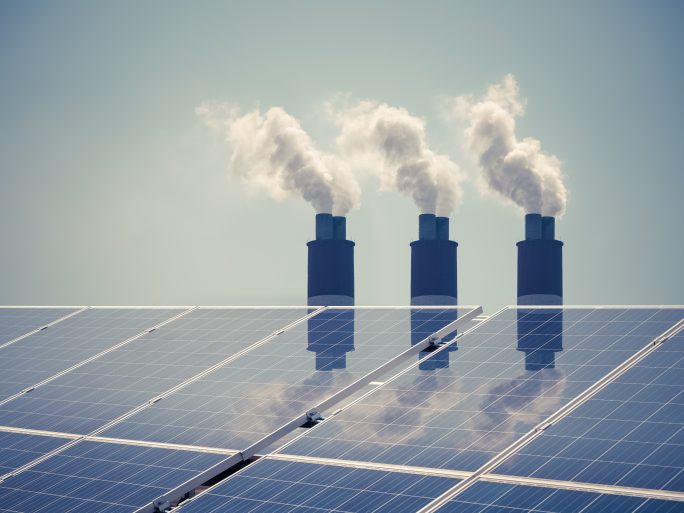Germans Want More Transparency on the Internet’s CO2 Consumption

Almost a third (31%) of respondents are in favor of a CO2 label for energy-saving technical devices such as laptops, PCs and smartphones.
Almost a third of Germans would like to see more transparency with regard to the CO2 consumption of the Internet. Four out of five Germans already save energy when using digital technology and thus reduce CO2 emissions. By contrast, awareness of green electricity has so far been low. This is the result of a representative survey commissioned by the e-mail providers WEB.DE and GMX.
30 percent of respondents would like to see transparency in the CO2 footprint of Internet services. 80 percent of Germans already save energy when using the Internet and thus reduce CO2 emissions. For example, around half only order goods that they intend to keep in order to avoid returns. 49 percent do not print out e-mails and documents in order to consume less paper, and 46 percent attach importance to receiving invoices and documents electronically rather than by post wherever possible.
Reliable information on CO2 consumption rarely available
“The survey results show that many people are willing to save energy and thus CO2 in their everyday lives,” says Jan Oetjen, CEO of WEB.DE and GMX. However, reliable and, above all, comparable information on the consumption of digital services is hardly available. A standardized CO2 survey would create transparency for consumers and companies to further reduce their footprint. In addition to the goal of making digitization as environmentally friendly as possible, however, it is even more important to drive digitization forward. Because this is where the biggest levers for savings lie.
For half of those surveyed, the environmentally friendly use of hardware is commonplace. 54 percent use devices such as computers, televisions or smartphones for as long as possible to avoid unnecessary electronic waste. 48 percent would like to see binding legislation for manufacturers to ensure the supply of software updates in the long term.
Green electricity plays a subordinate role
Green electricity has so far played a subordinate role: only 19 percent of those surveyed use only electricity from renewable sources at home, and only 8 percent pay attention to whether the respective provider uses green electricity when using Internet services. And there is still room for improvement when shopping online: Only 17 percent of respondents rely on CO2-neutral shipping options for delivery.
The survey also asked who Germans would most trust to take measures to reduce CO2 emissions online. Most (27%) put their faith in solutions from IT experts in the business world. International organizations such as the United Nations and the Intergovernmental Panel on Climate Change are trusted by 19 percent of respondents. Non-governmental organizations such as Greenpeace or Fridays for Future are named by 15 percent of respondents, followed by computer systems with artificial intelligence (14 %). Politics, on the other hand, brings up the rear, both at European level (10 %) and at state and national level (7 %).